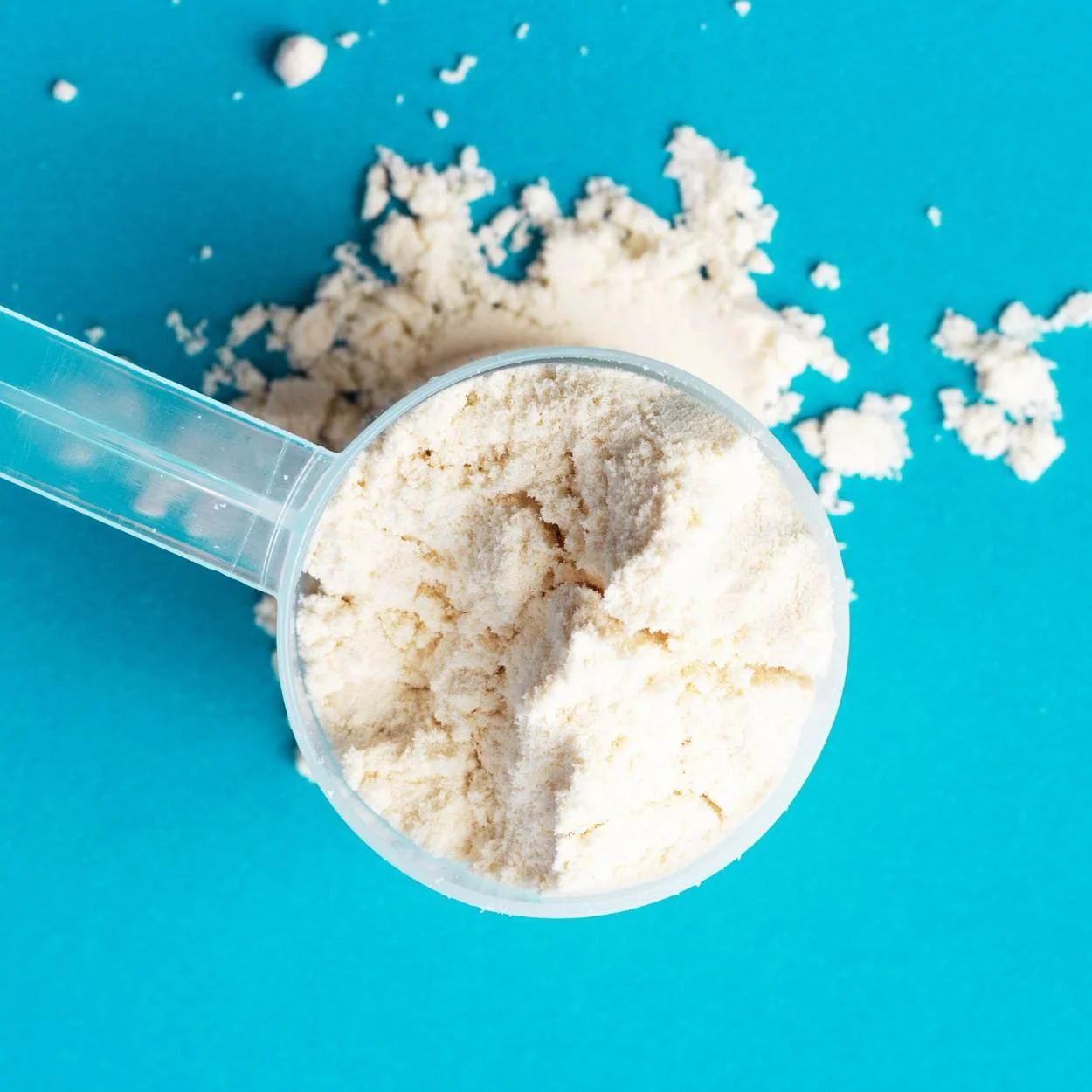Exploring the Mental Health Benefits of Creatine: What We Know and Who Might Benefit
Metabolic psychiatry is an emerging field that’s helping us reframe how we think about mental health—not just as a matter of neurotransmitters or psychological insight, but as something deeply connected to how our bodies produce and use energy. This approach investigates how disruptions in metabolism, mitochondrial function, and inflammation may contribute to conditions like depression, anxiety, and cognitive decline.
At its heart, metabolic psychiatry encourages us to look beyond symptoms and ask: what’s happening in the body that might be influencing the brain?
It integrates tools like nutrition, movement, sleep, targeted supplementation, and other lifestyle interventions into thoughtful, evidence-informed care.
One well-researched supplement gaining attention in this space is creatine monohydrate. Long used by athletes for physical performance, creatine is now being studied for its potential to support mental health and brain energy metabolism.
One well-researched supplement gaining attention in this space is creatine monohydrate.
Long used by athletes for physical performance, creatine is now being studied for its potential to support mental health and brain energy metabolism.
What Is Creatine?
Creatine is a naturally occurring compound made primarily in the liver and kidneys and stored in muscles and the brain. It helps recycle adenosine triphosphate (ATP), the body's main source of cellular energy. While the body produces creatine on its own, we also obtain it through diet (mainly from red meat and fish) and supplements.
How Might It Help the Brain?
The brain is one of the most energy-hungry organs in the body. By improving the availability of cellular energy, creatine may support a number of neurobiological processes that are relevant to mental health, including:
Mood regulation through enhanced energy metabolism in regions like the prefrontal cortex
Cognitive function such as memory, attention, and processing speed
Neuroprotection by buffering against metabolic stress and reducing neuronal fatigue
In people with mental health struggles—especially depression—there may be deficits in brain energy metabolism. Supplementing with creatine could help close that gap.
What Does the Research Say?
A 2025 comprehensive scoping review highlighted creatine monohydrate as a promising adjunctive treatment for mood disorders, including both unipolar and bipolar depression. Across multiple studies, creatine supplementation:
- Improved depressive symptoms
- Enhanced cognitive function
- Increased brain phosphocreatine levels (a marker of energy availability)
- Supported neuronal health and viability
Studies using neuroimaging biomarkers (like magnetic resonance spectroscopy) provide particularly compelling evidence. These findings aren’t just anecdotal—they’re rooted in randomized controlled trials with robust design.
That said, research on creatine for other psychiatric conditions—like anxiety disorders, psychosis, and trauma—is still limited but worth exploring in the future.
How Much Creatine Do You Need?
Most studies use relatively low doses (3–5g/day), which typically result in modest increases in brain creatine. However, higher doses (10g/day for 8 weeks or 20g/day for 7 days) may produce more meaningful changes in brain energy metabolism and greater symptom relief, particularly for cognitive fatigue.
A common starting dose for mental health benefits:
5 grams per day, ideally creatine monohydrate, taken with water or a small meal.
Importantly, these higher doses have been well-tolerated in research settings, though long-term studies are still needed.
Some clinicians may trial up to 10g/day (5g twice daily), especially in more treatment-resistant cases. This should be done with professional guidance, especially for individuals with bipolar disorder, as there is a small risk of manic switching.
Is Creatine Safe?
For most people, creatine is very safe and well-tolerated. It’s one of the most studied supplements in the world, with decades of research in both athletes and clinical populations.
That said, it may not appropriate for everyone.before starting, particularly if you have:
Kidney concerns
A complex psychiatric history
Creatine as Part of a Bigger Picture
While creatine is promising, it’s not a standalone cure. Think of it as one tool in a broader integrative approach that might include:
Therapy and medication where appropriate
Exercise, which works synergistically with creatine to enhance brain health
Nutrition and metabolic support (e.g., omega-3s, magnesium, B vitamins)
Mind-body practices like mindfulness or somatic work
-
Puder, D. (2025). Creatine and Mental Health. Psychiatry & Psychotherapy Podcast, Ep. 238.
Rae, C., Digney, A.L., McEwan, S.R., & Bates, T.C. (2003). Oral creatine monohydrate supplementation improves brain performance: a double-blind, placebo-controlled, cross-over trial. Proceedings of the Royal Society B: Biological Sciences, 270(1529), 2147–2150.
Allen, P.J. (2012). Creatine metabolism and psychiatric disorders: Does creatine supplementation have therapeutic value? Neuroscience & Biobehavioral Reviews, 36(5), 1442–1462.
At New York Integrative Psychiatry, we believe the most effective mental health care is collaborative, personalized, and grounded in science.
If creatine seems like a potential fit for your care plan, we’re here to support a thoughtful, well-informed trial—always guided by research and in alignment with your unique needs. Schedule a session with us and discover how personalized, research-guided care can support your path toward lasting mental wellness.

